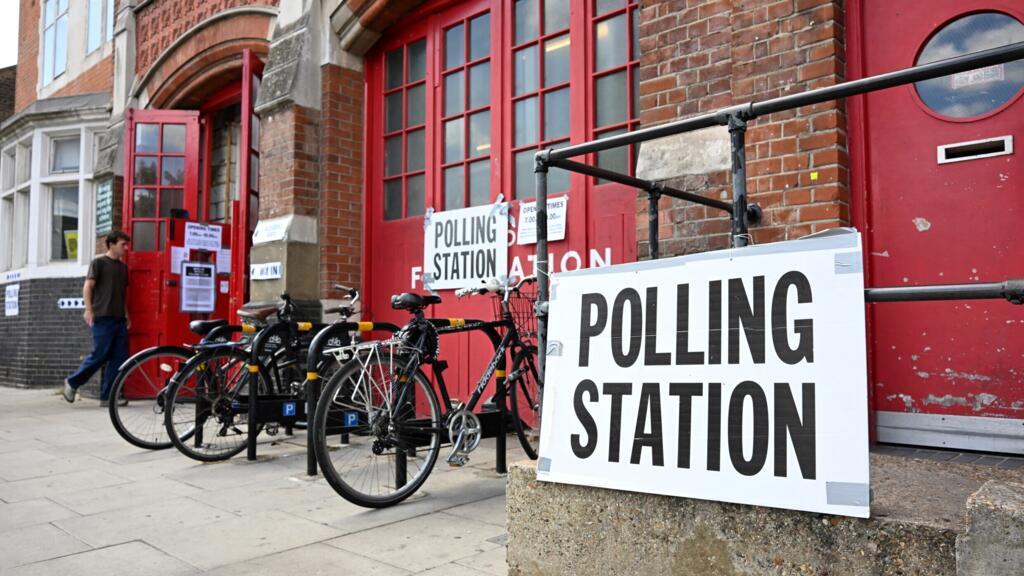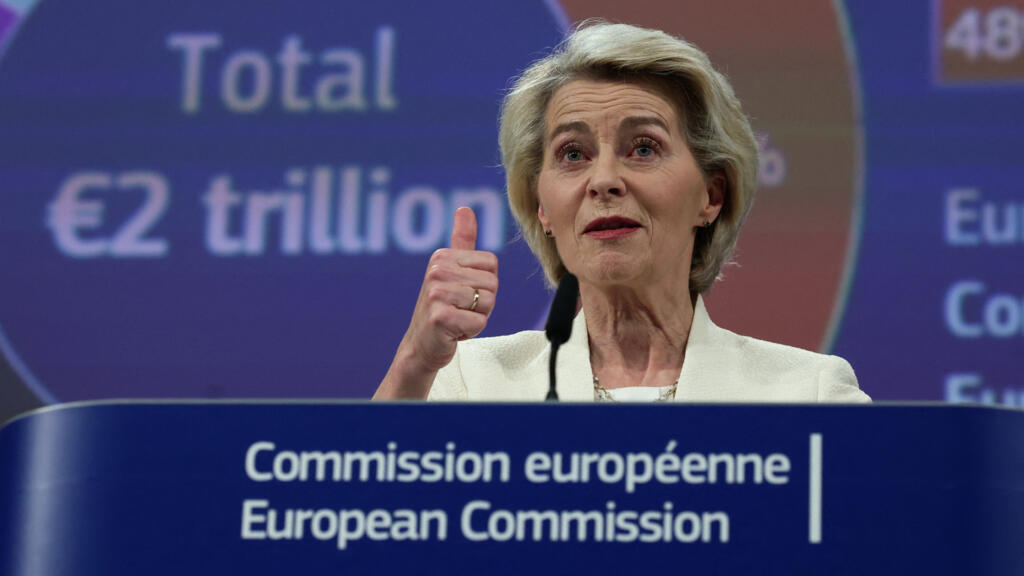The UK Government Proposes Lowering the Voting Age to 16
In a transformative shift in the United Kingdom's democratic practices, the government has announced plans to lower the voting age to 16 across all elections, including local, national, and general elections. This landmark proposal is designed to encourage greater civic engagement among younger citizens and improve public trust in the political system. The initiative has garnered support from Prime Minister Keir Starmer, who believes that it aligns voting rights in England and Northern Ireland with those already established in Scotland and Wales, where 16-year-olds are allowed to vote.
Historically, the voting age in the UK has been set at 18, a standard that has prevailed for several decades. However, there has been an emerging consensus among advocates for youth participation that lowering the voting age could lead to more consistent and inclusive political engagement. Supporters argue that individuals aged 16 and up possess the capacity to understand political issues and should have a say in decisions that affect their future.
The proposed reform also aims to address the growing disillusionment with political institutions. Many young people are increasingly frustrated by the perceived disconnect between their needs and the priorities of elected officials. By lowering the voting age, the government hopes to foster a new generation of informed and active voters, thereby bridging the gap between politicians and the electorate.
Prime Minister Starmer's endorsement of this initiative is seen as a pivotal moment for the Labour Party, which aims to position itself as a champion for progressive reforms that resonate with younger voters. The government believes that empowering teens with voting rights will not only enhance democratic participation but also create a more equitable political landscape that reflects the diverse opinions of the nation.
Critics of the plan, however, express concerns about the readiness of 16- and 17-year-olds to engage in the political process. They argue that this age group may lack the necessary life experience and knowledge to make informed voting decisions. In response, advocates highlight that many young people are already closely following political discourse through social media and are engaging in issues that matter to them, such as climate change, education reform, and social justice.
Internationally, the decision to lower the voting age aligns the UK with several other countries, including Germany, Austria, and Brazil, where younger citizens have been granted voting rights. These countries have reported positive outcomes, such as higher rates of political engagement and a more robust representation of youth perspectives in their legislative bodies. The UK government looks to these examples as evidence that enabling young voters can foster a more participatory democracy.
The proposal will require the passage of new legislation through Parliament, which may face challenges from opposition parties and skeptics. However, proponents remain optimistic that the growing youth activism and the clamor for reform will rally support across the political spectrum. They argue that providing voting rights to younger citizens not only empowers them but also enriches the democratic process by inviting diverse viewpoints into the conversation.
As the government moves forward with this initiative, discussions on the practical implications of lowering the voting age will be essential. This includes potential changes to voter registration processes, educational programs around civic responsibility, and mechanisms to ensure that young voters are informed and prepared to engage in the electoral process effectively.
In conclusion, the UK government's proposal to lower the voting age to 16 represents a significant step towards enhancing democratic engagement among young people. By aligning voting rights across the UK and empowering a new generation of voters, the government hopes to rejuvenate the political landscape and increase public trust in elected officials.












